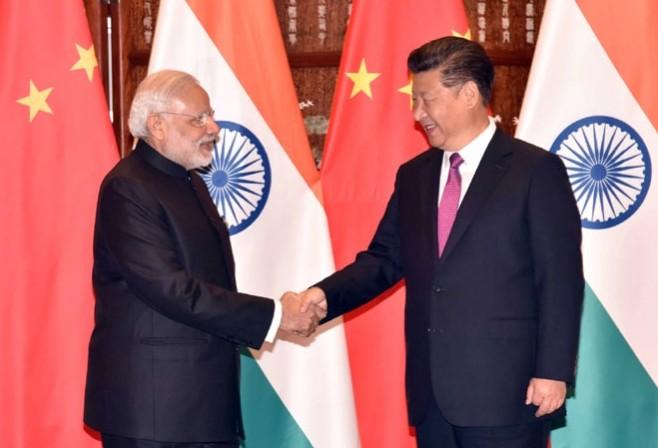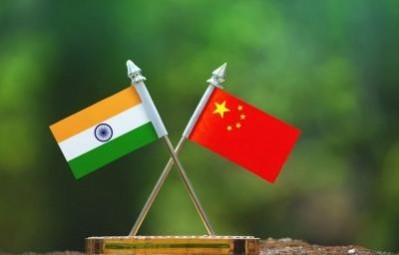
Prime Minister Narendra Modi of India and President Xi Jinping of China held a bilateral meeting on the sidelines of the 16th BRICS Summit at Kazan on October 23, 2024. This meeting, the first in five years, comes in the wake of the recent agreement for complete disengagement and resolution of issues that arose in 2020 in the India-China border areas.
The leaders underscored the importance of properly handling differences and disputes and not allowing them to disturb peace and tranquility. They agreed that the Special Representatives on the India-China boundary question will meet at an early date to oversee the management of peace & tranquility in border areas and to explore a fair, reasonable, and mutually acceptable solution to the boundary question.
The dialogue mechanisms at the level of Foreign Ministers and other officials will also be utilized to stabilize and rebuild bilateral relations. The meeting between the two leaders was significant as it signaled a thaw in ties for the first time since 2020. The ties between the two nations had nosedived significantly following the fierce clash in the Galwan Valley in June 2020, marking the most serious military conflict between the two sides in decades.
The recent agreement to resume patrolling in the disputed areas along the Line of Actual Control (LAC) in eastern Ladakh, ending a four-year military standoff, was welcomed by both leaders. The leaders affirmed that stable, predictable, and amicable bilateral relations between India and China, as two neighbors and the two largest nations on earth, will have a positive impact on regional and global peace and prosperity. It will also contribute to a multi-polar Asia and a multi-polar world.
The leaders underlined the need to progress bilateral relations from a strategic and long-term perspective, enhance strategic communication, and explore cooperation to address developmental challenges. The meeting also saw the leaders reviewing the state of bilateral relations from a strategic and long-term perspective. The two leaders also agreed to look at the relationship from a strategic and long-term perspective. The language of the official release was carefully calibrated to reflect mutual intent on elevating the relationship to a strategic level.

The meeting was also significant as it was the first time the two leaders met after a gap of five years. The meeting was watched closely by the international community, and Xi acknowledged that the people in the two countries and the international community are paying great attention to the meeting. The meeting also saw discussions on the resumption of the Kailash Mansarovar Yatra, which will be on the agenda of future talks between the two countries. The yatra, a significant religious pilgrimage for Hindus, had been disrupted due to the border tensions.
The meeting between the two leaders also comes at a time when India's trade deficit with China has been ballooning. Despite India's efforts to boost local manufacturing, the country remains heavily dependent on Chinese industrial imports, especially in sectors like electronics, telecommunications, and machinery.
The leaders' meeting could potentially pave the way for more balanced economic relations between the two countries. The meeting between the two leaders also comes in the backdrop of the BRICS Summit, which saw the leaders reiterating their unequivocal condemnation of terrorism in all its forms and manifestations. The leaders committed to enhance international and regional cooperation to prevent and counter terrorist threats on the basis of full respect for the sovereignty and security of States and in accordance with the UN Charter and international law.
Meeting between Prime Minister Modi and President Xi marks a significant step towards restoring ties between the two nations. The leaders' commitment to handle differences and disputes properly, to not disturb peace and tranquility, and to progress bilateral relations from a strategic and long-term perspective, signals a positive shift in the India-China relations.
The meeting also underscores the importance of India-China relations in the context of regional and global peace and prosperity. The leaders' commitment to handle differences and disputes properly, to not disturb peace and tranquility, and to progress bilateral relations from a strategic and long-term perspective, signals a positive shift in the India-China relations. The meeting also underscores the importance of India-China relations in the context of regional and global peace and prosperity.

















